Index
- Introduction
- What Are AI-Powered Chatbots?
- The Rise of Conversational Marketing
- Benefits of AI-powered chatbots
- Enhancing User Experiences
- Real-Time Customer Support
- How Chatbots Work
- Implementation in Various Industries
- Challenges and Solutions
- Measuring Chatbot Success
- The Future of Chatbots
- Tips for Effective Implementation
- The Human Touch in Conversational Marketing
- Success Stories
- Conclusion
In the era of digital transformation, businesses are constantly seeking innovative ways to engage with their customers and enhance their online experiences. One such innovation that has gained significant prominence in recent years is the use of AI-powered chatbots in conversational marketing. These intelligent bots are revolutionizing the way businesses interact with their customers, providing real-time support and significantly improving user experiences.
Introduction
The concept of chatbots has been around for a while, but recent advancements in artificial intelligence have propelled them to new heights. Chatbots are computer programs designed to simulate human conversation through text or voice interactions. These AI-driven virtual assistants are transforming the customer support landscape by offering instantaneous responses, 24/7 availability, and personalized interactions.
What Are AI-Powered Chatbots?
AI-powered chatbots are chatbots equipped with advanced machine learning algorithms and natural language processing capabilities. These bots can understand user input, interpret it, and respond in a way that resembles human conversation. They learn and adapt over time, becoming more effective with each interaction.
The Rise of Conversational Marketing
Conversational marketing is a customer-centric approach that focuses on real-time, one-on-one connections between businesses and customers. It leverages chatbots and messaging apps to create personalized, engaging, and instantaneous interactions. Instead of traditional marketing methods, businesses are shifting towards providing immediate solutions, building trust, and offering a seamless experience.
Benefits of AI-Powered Chatbots
AI-powered chatbots offer a plethora of benefits to businesses, including:
- Cost-Efficiency: Chatbots can handle multiple queries simultaneously, reducing the need for human agents.
- 24/7 Availability: They provide round-the-clock support, catering to global audiences.
- Consistency: Chatbots provide consistent and accurate responses, minimizing errors.
- Enhanced User Experience: They create a seamless, user-friendly interface.
Enhancing User Experiences
User experience is at the core of conversational marketing. AI-powered chatbots enhance user experiences by providing instant answers, guiding users through processes, and offering product recommendations. This leads to increased customer satisfaction and loyalty.
Real-Time Customer Support
One of the most significant advantages of AI-powered chatbots is their ability to offer real-time customer support. Customers no longer have to wait in long queues or send emails and wait for responses. Chatbots can address issues, answer queries, and even process transactions in real-time.
How Chatbots Work
Chatbots operate through predefined rules or AI algorithms. They analyze user queries, identify keywords, and select appropriate responses from a database. Advanced chatbots use machine learning to improve their responses over time, becoming more adept at understanding and assisting users.
Implementation in Various Industries
AI-powered chatbots have found applications in various industries, including e-commerce, healthcare, finance, and customer service. They provide tailored solutions for each sector, from helping customers find the right product to offering medical advice.
Challenges and Solutions
While chatbots offer numerous advantages, they also face challenges such as understanding user intent and handling complex queries. Solutions involve continuous training and integration of more extensive databases to improve their knowledge and accuracy.
Measuring Chatbot Success
To evaluate the effectiveness of chatbots, businesses use metrics like response time, customer satisfaction, and conversion rates. These metrics help fine-tune chatbot interactions for maximum impact.
The Future of Chatbots
The future of AI-powered chatbots looks promising. As AI technology continues to advance, chatbots will become even more sophisticated, with the potential to understand context, emotions, and languages better.
Tips for Effective Implementation
For businesses considering chatbot implementation, it's essential to focus on:
- Clear Objectives: Define the purpose of your chatbot.
- User-Friendly Design: Ensure a user-friendly interface.
- Constant Improvement: Continuously update and train your chatbot.
- Human Interaction: Maintain the option for users to connect with human agents when necessary.
The Human Touch in Conversational Marketing
While chatbots offer speedy solutions, businesses should not lose the personal touch. Balancing automation with human interaction is crucial to building trust and long-lasting customer relationships.
Success Stories
Many businesses have achieved remarkable success with AI-powered chatbots. For example, a popular e-commerce platform saw a 30% increase in sales after implementing a chatbot for product recommendations and customer support.
Let’s Conclude
In conclusion, AI-powered chatbots are transforming the way businesses interact with customers. They offer real-time customer support, improve user experiences, and provide a cost-effective solution for many industries. With continuous advancements in AI technology, the future holds even more exciting possibilities for chatbots.
FAQs
Q1. How do AI-powered chatbots understand user queries?
A1: AI-powered chatbots use natural language processing and machine learning to understand user queries and provide relevant responses.
Q2. Can chatbots replace human customer support agents entirely?
A2. While chatbots can handle many tasks, human agents are still essential for complex and empathetic interactions.
Q3. What metrics should businesses use to measure chatbot success?
A3. Response time, customer satisfaction, and conversion rates are crucial metrics for assessing chatbot performance.
Q4. How can businesses maintain a balance between chatbot automation and human interaction?
A4. Businesses should provide the option for users to connect with human agents when needed, ensuring a human touch when necessary.
Q5. What industries have successfully implemented AI-powered chatbots?
A5. AI-powered chatbots have found applications in e-commerce, healthcare, finance, and customer service, among others, offering tailored solutions in each sector.
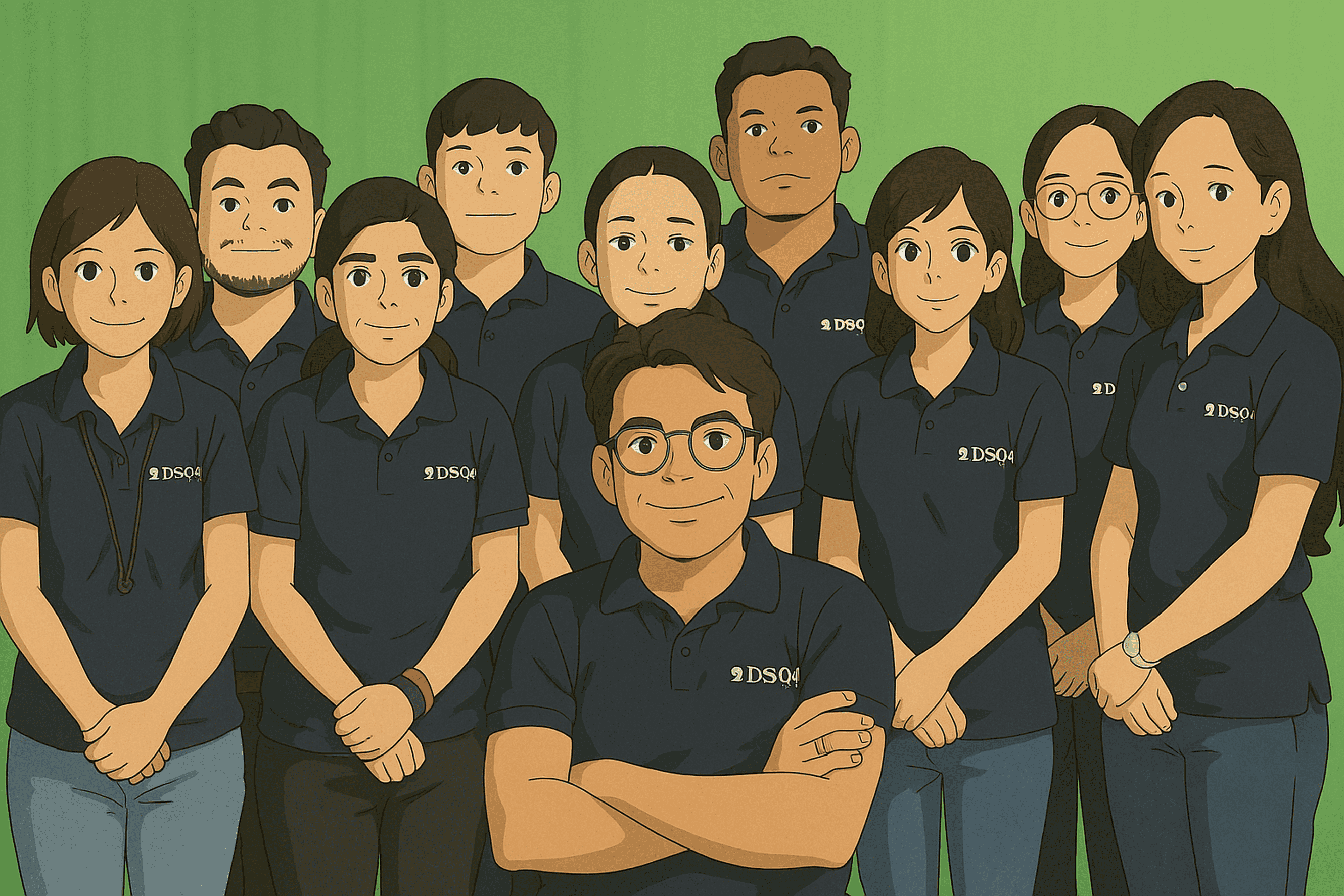 How to Turn Your Photos into Ghibli-Style Art with ChatGPT for Free
How to Turn Your Photos into Ghibli-Style Art with ChatGPT for Free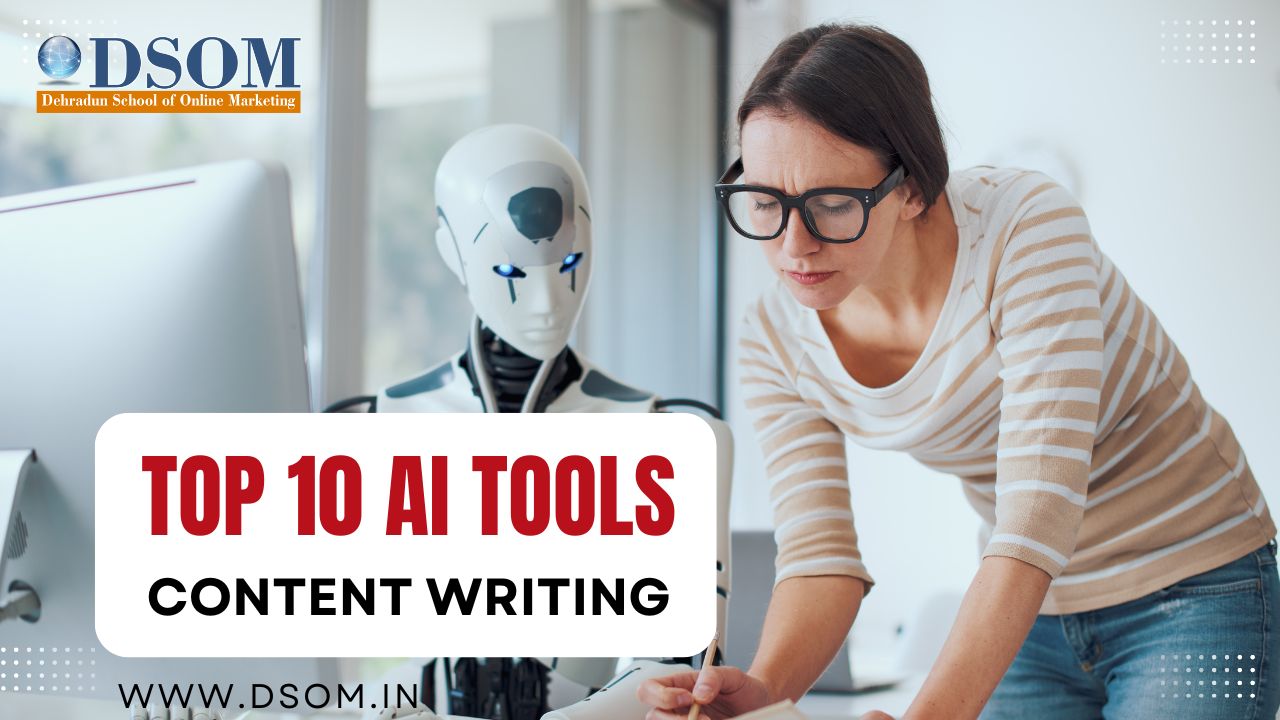 Top 10 AI Tools for Plagiarism-Free Content Writing: Boost Your SEO & Digital Marketing Efforts
Top 10 AI Tools for Plagiarism-Free Content Writing: Boost Your SEO & Digital Marketing Efforts The Rise of Graphic Designing in 2025: A Career Guide.
The Rise of Graphic Designing in 2025: A Career Guide. The Rise of Video Editing: A Crucial Skill in 2025
The Rise of Video Editing: A Crucial Skill in 2025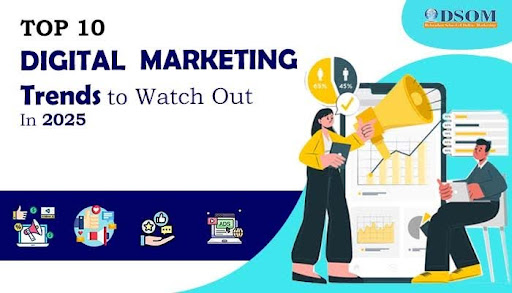 Top 10 Digital Marketing trends in 2025
Top 10 Digital Marketing trends in 2025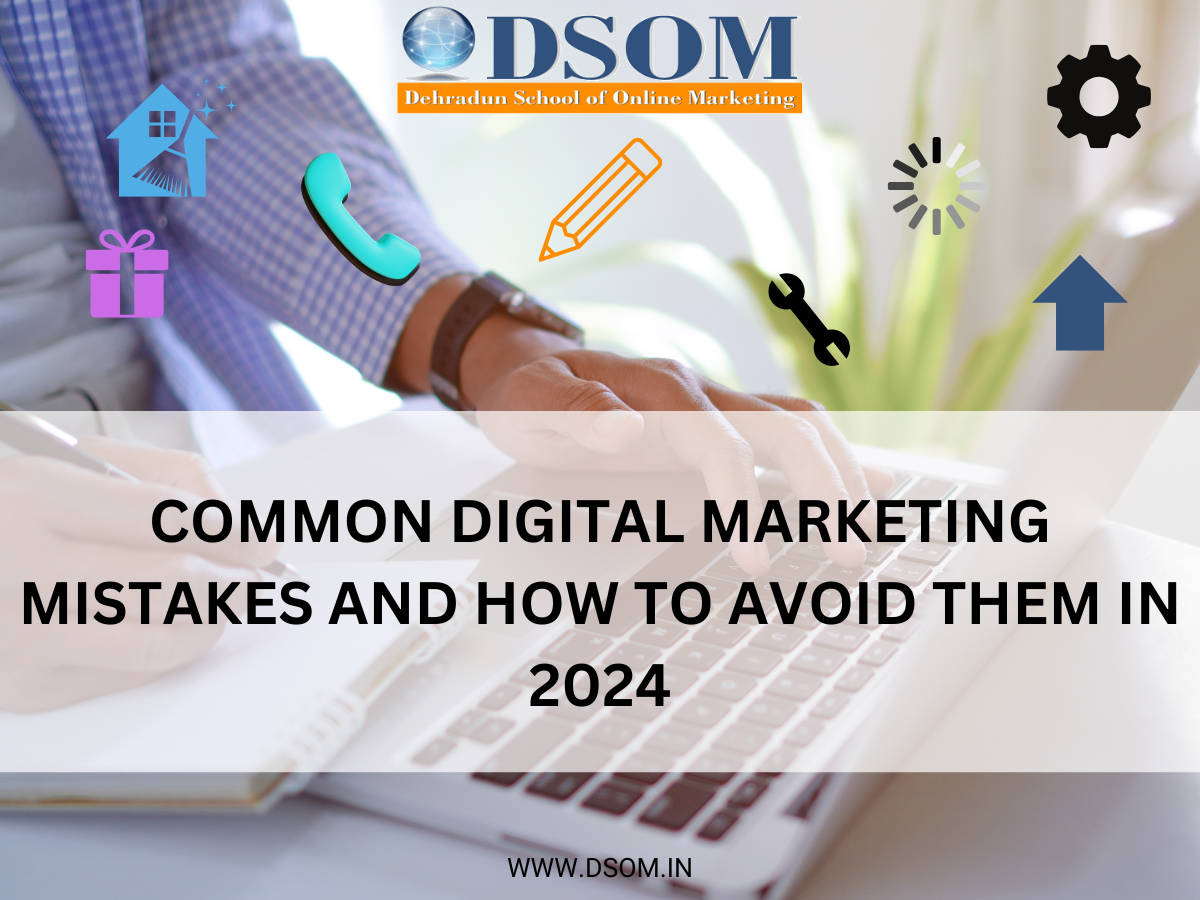 Common Mistakes in Digital Marketing and How to Avoid Them 2025
Common Mistakes in Digital Marketing and How to Avoid Them 2025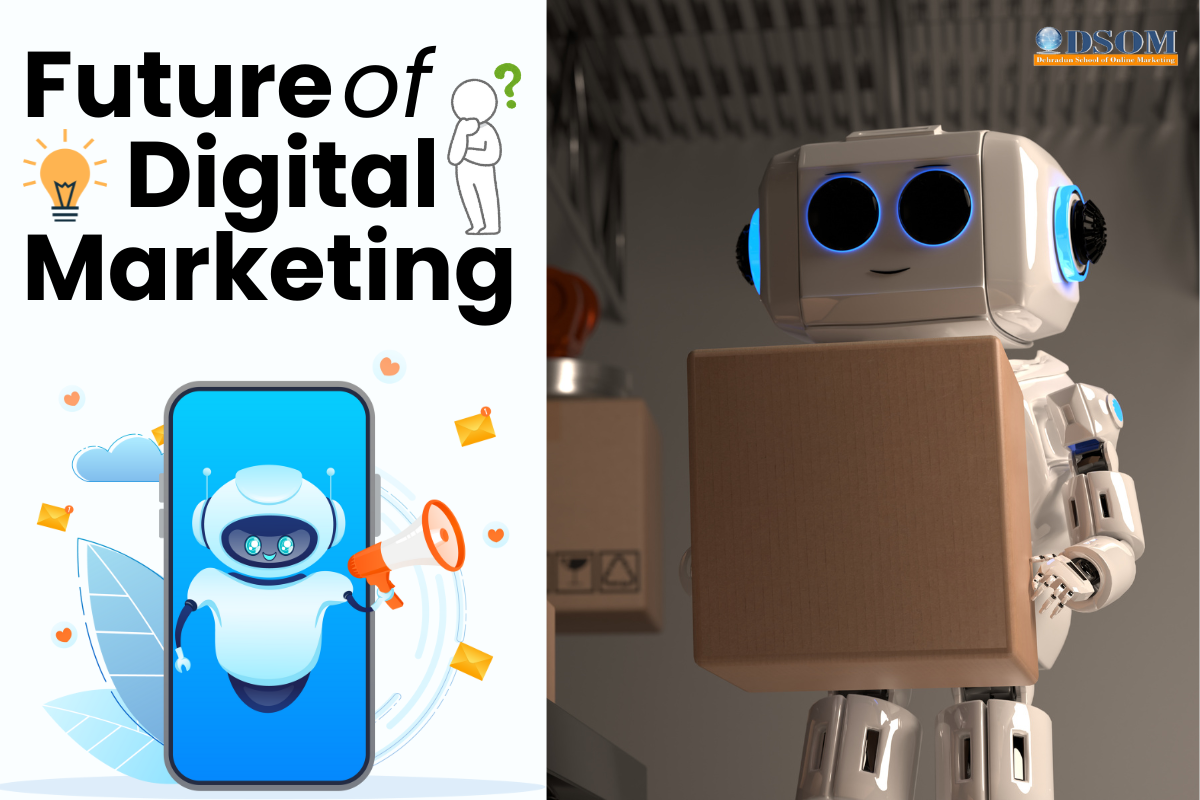 The Future of Digital Advertising: What You Need to Know
The Future of Digital Advertising: What You Need to Know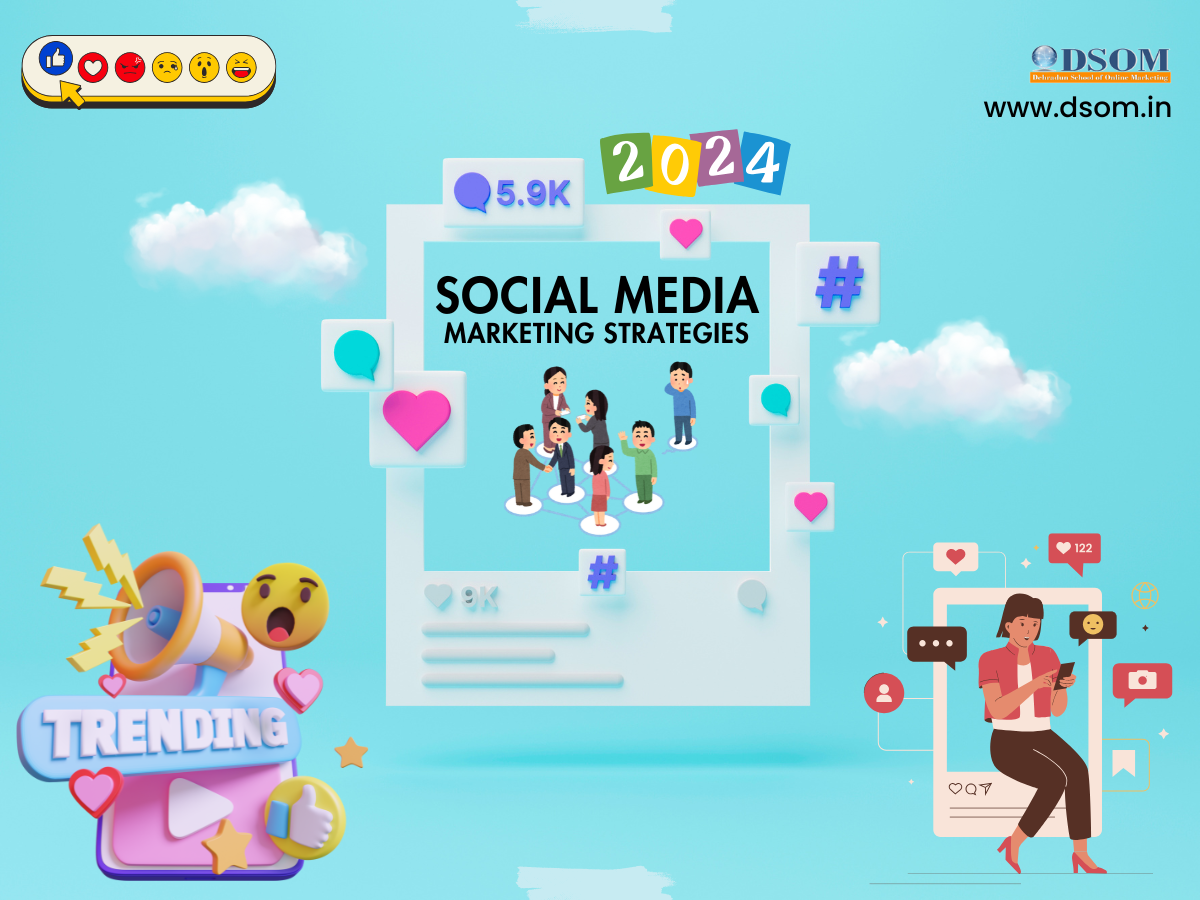 Social Media Marketing in 2024: Strategies for Maximum Engagement
Social Media Marketing in 2024: Strategies for Maximum Engagement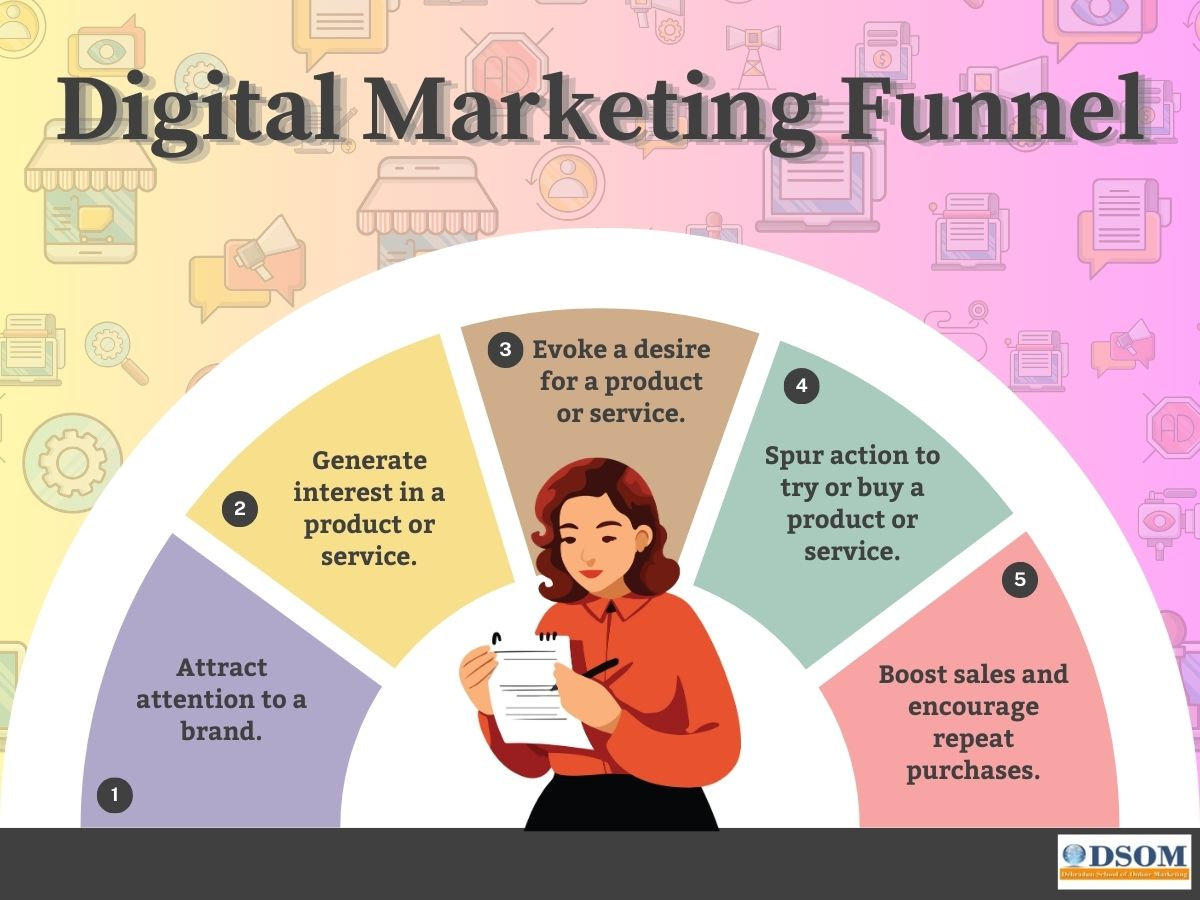 Building a Successful Digital Marketing Funnel: A Step-by-Step Guide
Building a Successful Digital Marketing Funnel: A Step-by-Step Guide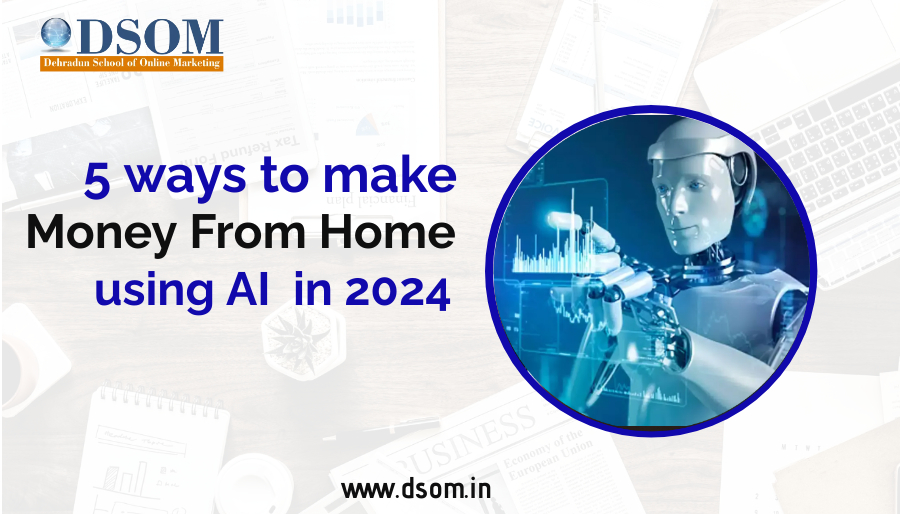 5 ways to make money from home using AI (Artificial-Intelligence) in 2024
5 ways to make money from home using AI (Artificial-Intelligence) in 2024